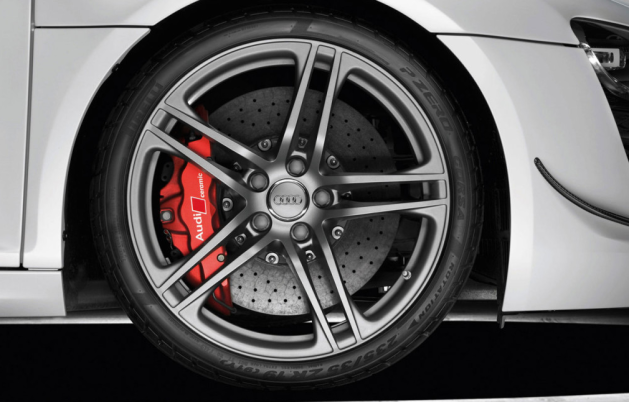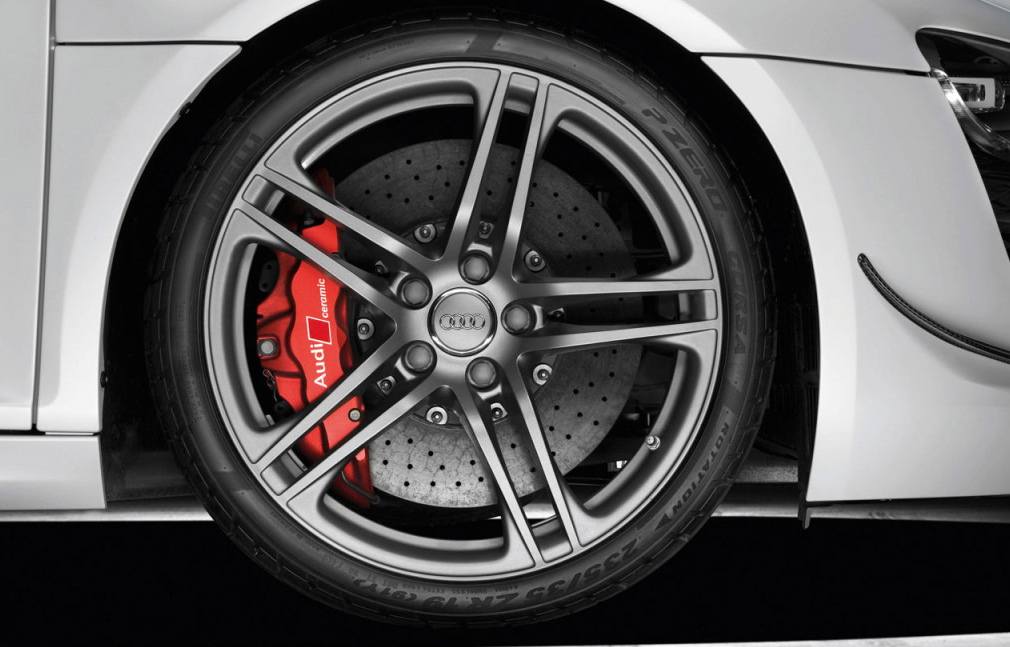
Whether you consider yourself a vessel of car knowledge or not, you will no doubt all be aware of just how important well-maintained brake pads are. Designed to slow down your moving vehicle, the greater the conditions of your brake pads, the more improved and of course the safer the drive. However knowing how important your brake pads are and being armed with a basic awareness that “good brake pads equal good car” is not enough.
When getting to grips with brake pads, it is important to also have a good understanding of brake fluid, how it works and how it can help you determine whether or not your brake pads need replacing.
The main focus of your vehicles brake fluid is to provide corrosion protection and lubrication of your hydraulic brake systems, without which your vehicle would fail to operate. Like all fluids in your vehicle, it is your responsibility to ensure that you monitor whether or not your vehicle has the sufficient amount of brake fluid.
As with many car issues, a lot of drivers are determined to ensure that they visit their mechanic as little as possible after-all who wants to constantly spend money if they can fix the problem themselves? However when it comes to something as important as your brake fluid it is important to know your limitations to avoid putting yourself at risk.
Find yourself in a situation with your brake fluid? Not sure what you can do yourself and what requires a mechanic? Below are the common brake fluid related issues and just what you need to do…
- I have noticed after some time that my brake fluid is starting to fall, what should I do?
Falling brake fluid is expected over time as your pads will naturally wear. You can simply top up your reservoir but be sure to not go past the “full” line and check that you are using the right grade fluid (dot 3, dot 4 etc).
- My brakes are starting to feel soft and almost ‘mushy’, what is wrong with them?
Occasionally air may reach your vehicles brake lines which can cause your brakes to feel soft. In order to ensure improve this condition you will need to bleed your brake lines. This is a tricky task and may not work with newer vehicles so it is often advised to ask your mechanic to resolve this in order to ensure it is done right.
- I have only just topped up my brake fluid and it’s almost all gone already, why is my car doing this?
Often quick drops in your brake fluid level suggest that there may be a leak or that your brake pads are too worn down. It is best to visit a mechanic to get the leak fixed or your brake pads replaced.
- My brake light has come on; can I wait a while before I visit the mechanic?
If there was ever an indicator that there is an issue with your brake pads, this is it. By regularly keeping an eye on the condition of your brakes and fluid levels you shouldn’t have to wait until your light comes on to visit your mechanic however if you find one day that it does pop up; then it is time to go straight to your local garage!
Your brakes are far too much of an important component of your car to neglect. Whether you’re an experienced driver or a novice that is still learning it all; by knowing as much as possible about your brake pads and fluid you can not only keep your car in the best condition possible but keep yourself safe too!
Are you checking your brake fluid regularly?
Article Source: http://EzineArticles.com/?expert=Thomas_Robson



